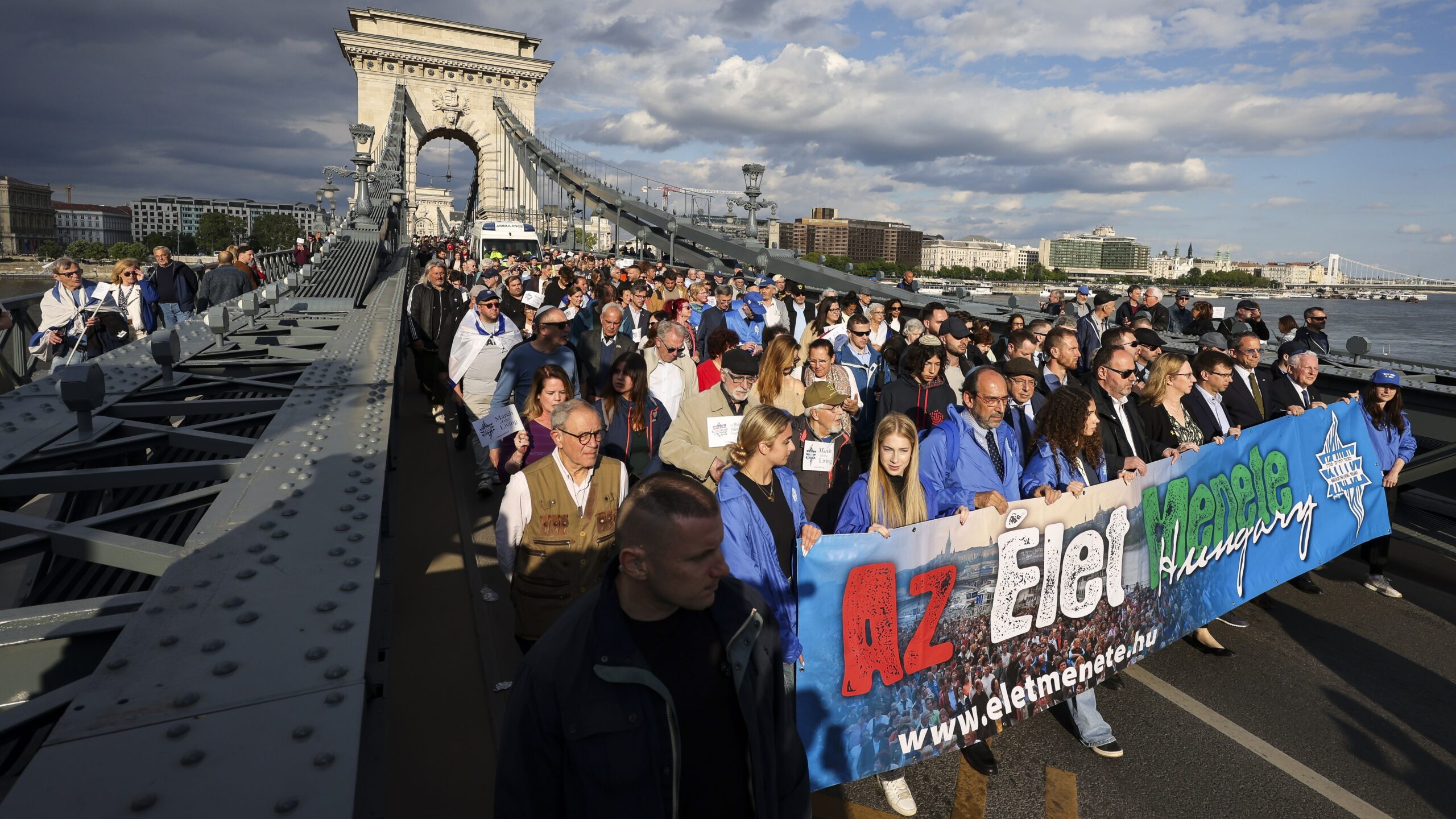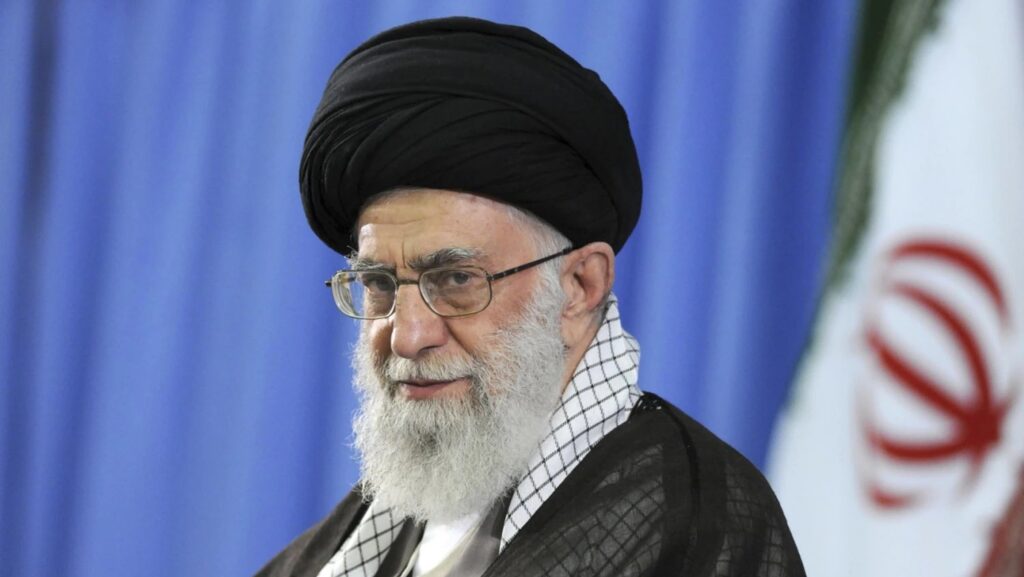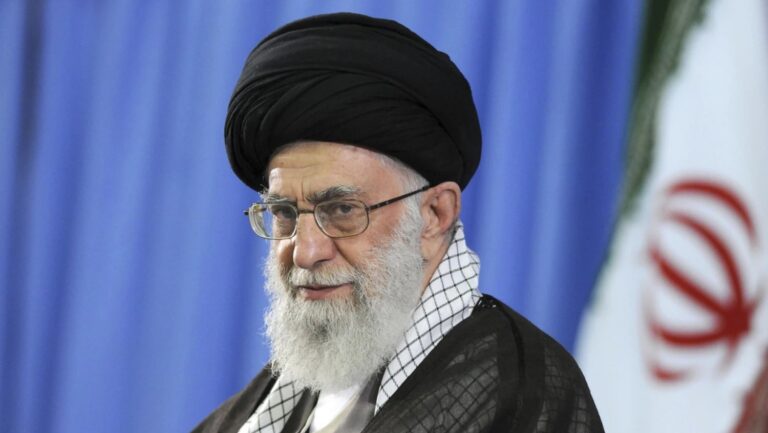Budapest hosted the 21st annual March of Life on Sunday, drawing hundreds to commemorate the victims of the Holocaust. The procession began at the Shoes on the Danube Bank memorial—honouring Jews murdered by the Arrow Cross regime—and proceeded across the Chain Bridge to the Várkert Bazaar.
Andor Grósz, president of the Federation of Hungarian Jewish Communities (Mazsihisz) and head of the March of Life Foundation, delivered a powerful speech at the event’s conclusion. He expressed sorrow over the resurgence of antisemitism following the 7 October 2023 terrorist attacks against Israel, which, he said, shattered the long-held belief that the horrors of the mid-20th century could never repeat themselves.
The event opened with a speech by Michel Gourary, European director of the international March of Life organization. Speaking at the riverside memorial, he recalled the deportation of 437,000 Hungarian Jews to Auschwitz over just eight weeks in 1944—one of the fastest and most brutal operations of the Holocaust. Gourary emphasized that such atrocities could not have occurred without the cooperation of Hungarian officials and gendarmes, a responsibility Hungarian state leaders have acknowledged since 2004.
This year’s march was led by Holocaust survivors riding in electric vehicles. It began with the traditional blast of the shofar sounded by Chief Rabbi Tamás Verő. Among the prominent participants were Minister for European Affairs János Bóka, Israeli Ambassador to Hungary Maya Kadosh, and US Embassy Chargé d’Affaires Robert Palladino.
In his address, Grósz warned that the 2025 march might feel more painfully relevant than ever. ‘We are marching not only for the victims of the past, but for those who are still in danger today,’ he said, referencing the growing anti-Semitic rhetoric and attacks across the globe. He noted that faith in the promise of ‘Never Again’ has been shaken, and that vigilance is now more critical than ever.
‘The time for blindly trusting slogans has passed,’ he stated. ‘Now is the time to stand strong, unite, and speak out.’ He called for continued remembrance and resistance through knowledge, courage, and community.
Israeli Ambassador Maya Kadosh echoed this sentiment, reminding attendees that Israel is not only a state but a necessity born from centuries of displacement. She emphasized that defending the Jewish homeland, the IDF, and the truth of Jewish history is paramount, especially when confronted with those who deny it or wish to erase it.
She affirmed that the Jewish people are no longer defenceless: ‘We vowed “Never Again”—and we will not break that vow.’ She pledged to educate future generations in truth and justice, and to protect their homes and heritage against all threats.
The march served not only as a tribute to the victims of the Holocaust but also as a contemporary call to action against hatred, exclusion, and the distortion of history.
Related articles:







